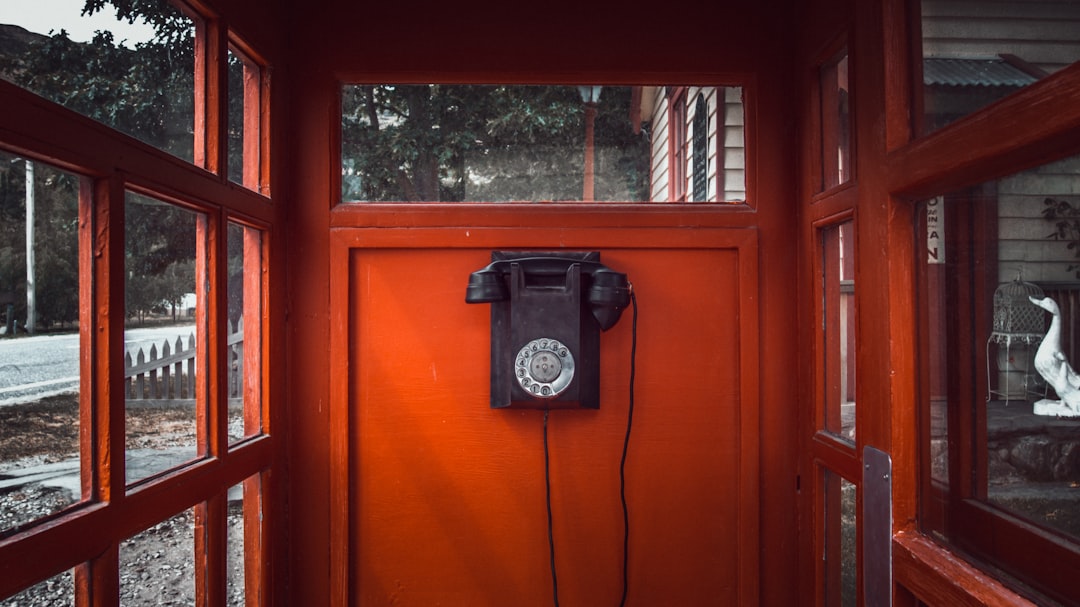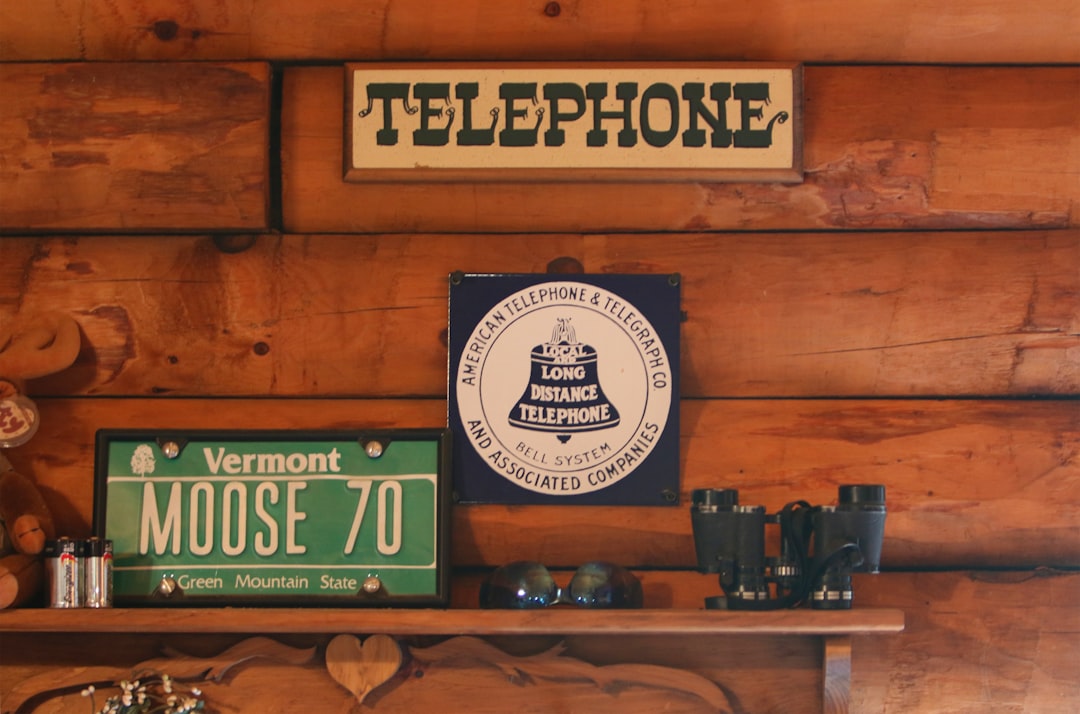In Texas, No Call Laws protect residents from unwanted telemarketing calls, prioritizing privacy and personal time. These laws also guide historic site management in Bonham, North Texas, where conservation efforts balance legal requirements to preserve the city's 19th-century legacy. Managing visitor engagement under No Call Laws presents challenges, prompting historic sites to use alternative communication methods like email, social media, and direct mail. Businesses must master balanced communication strategies, blending proactive outreach with respect for do-not-call lists, personalized messaging, and ethical data use. No Call Laws in Texas enhance visitor experiences at cultural preserves while preserving historical significance, as seen at the Alamo, where strict policies have reduced noise pollution.
In Bonham, Texas, preserving historical sites while adhering to strict No Call laws presents a unique challenge. This article explores the delicate balance between maintaining the town’s rich heritage and respecting modern consumer privacy regulations. We delve into the significance of Bonham’s history, its conservation efforts, and the emerging strategies for effective communication amidst legal restrictions. Additionally, we present case studies showcasing successful implementations of No Call laws in cultural preserves across Texas.
Understanding No Call Laws in Texas: A Brief Overview

In the state of Texas, No Call Laws are designed to protect residents from unwanted telephone solicitations, ensuring a certain level of privacy and peace for homeowners. These laws restrict businesses from making telemarketing calls to individuals who have not given explicit consent. The primary focus is on reducing nuisance calls, allowing Texans to enjoy their personal time without constant interruptions.
Texas No Call Laws mandate that companies obtain prior permission before dialing a number for marketing purposes. This means businesses must secure explicit opt-in consent from residents, often through signed agreements or clear indications of interest during initial customer interactions. Compliance is crucial, with penalties in place for violators, ensuring a harmonious balance between modern communication practices and historical consumer rights.
Bonham's Historical Significance and Preservation Efforts

Bonham, a charming city in North Texas, boasts a rich history that has left its mark on the region. With roots tracing back to the 19th century, this historic town offers a glimpse into Texas’ past, making it a significant cultural treasure. The city’s preservation efforts are dedicated to maintaining this legacy, ensuring that Bonham’s historical sites and buildings remain standing as testaments to its vibrant history.
These conservation initiatives face a delicate balance when navigating modern regulations, especially in light of Texas’ No Call Laws. Striking a chord between preserving the town’s unique character and adhering to legal requirements is an ongoing challenge. However, through careful planning and community involvement, Bonham strives to protect its historical significance while also meeting the demands of contemporary legislation, ensuring that its tapestry of history remains intact for future generations to appreciate.
Challenges of Combining Historic Site Management with No Call Compliance

Managing historic sites while adhering to modern No Call laws presents a unique set of challenges, particularly in places like Texas where such regulations are stringent. Historic preservation often relies on engaging with visitors through guided tours, educational programs, and interactive exhibits—all activities that may be restricted or prohibited under No Call policies aimed at preventing unwanted telemarketing calls.
In Texas, for instance, the Telephone Consumer Protection Act (TCPA) has strict guidelines regarding robocalls and automated messages, impacting how historic sites can communicate with potential visitors. Balancing the need to inform the public about upcoming events, special exhibits, or membership opportunities while respecting privacy laws is a delicate task. Historic sites must carefully craft their communication strategies, utilizing alternative methods such as email newsletters, social media updates, and targeted direct mail campaigns that comply with No Call Laws to effectively reach their audience without incurring legal repercussions.
Strategies for Effective Communication Amidst Legal Restrictions

In an era where consumer privacy is a paramount concern, particularly under stringent regulations like Texas’ No Call Laws, businesses must master effective communication strategies while adhering to legal restrictions. The key lies in balancing proactive outreach with respectful adherence to do-not-call lists. Companies can employ personalized messaging, offering valuable content rather than mere sales pitches, to engage potential clients without triggering restrictions. This approach fosters trust and reduces the risk of violation.
Additionally, leveraging digital tools for precise targeting ensures that marketing efforts reach the right audiences. By utilizing customer data ethically and obtaining explicit consent, businesses can navigate the complexities of No Call Laws in Texas, ensuring compliance while fostering meaningful connections with their market.
Case Studies: Successful Implementation of No Call Laws in Cultural Preserves

In many cultural preserves and historical sites across Texas, the successful implementation of No Call Laws has become a delicate balance between protecting visitor experiences and preserving the past. For instance, in the state’s numerous historical parks, strict no-call zones have been established to safeguard fragile artifacts and ecosystems from potential damage caused by aggressive sales calls or unwanted marketing. Through these laws, cultural preserves have learned to manage visitor interactions while maintaining their historical integrity.
A notable example is the implementation of No Call Laws at the Alamo in San Antonio, Texas. By enforcing strict no-call policies, the site has been able to reduce noise pollution and ensure that visitors can engage with the rich history of the location without being distracted by telemarketing or unsolicited offers. This case study demonstrates how thoughtful application of No Call Laws can enhance the overall visitor experience while preserving the cultural value and historical significance of these protected spaces.






